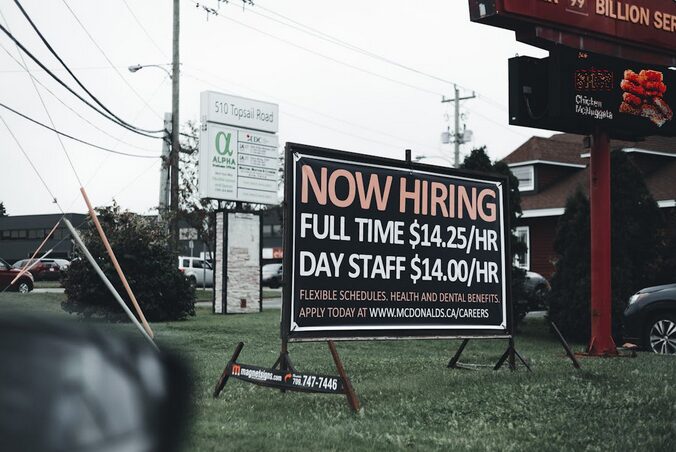How to Choose the Right University Degree for a Changing Job Market

Choosing a university degree has never been a simple decision, but today’s rapidly evolving job market makes it even more complex. With technology transforming industries and economic demands shifting faster than ever, students must think beyond traditional paths. Picking a degree that offers flexibility, relevance, and growth potential is key to building a resilient career. To succeed, it’s essential to weigh personal interests against emerging job trends and future workforce needs.
Understand Where the Job Market Is Heading

One of the most important steps in choosing a degree is understanding how the job market is evolving. Sectors such as healthcare, renewable energy, data science, cybersecurity, and artificial intelligence are expected to experience sustained growth in the coming years. Degrees related to STEM (science, technology, engineering, and math), as well as those focused on sustainability and public health, tend to offer more opportunities and adaptability. On the other hand, some roles are becoming obsolete due to automation and outsourcing, so it’s important to avoid locking yourself into a shrinking field.
Balance Passion With Practicality
While following your passion is often encouraged, it’s also essential to be realistic about your career prospects. If you’re deeply interested in the arts or humanities, consider pairing your degree with skills in digital media, communication, or business to increase your employability. Choosing a degree doesn’t mean sacrificing creativity or curiosity; it means finding a path that allows you to explore your interests while preparing for real-world job opportunities.
Consider Interdisciplinary and Hybrid Degrees

Many universities now offer interdisciplinary programs that blend different fields of study. These hybrid degrees, such as environmental science with data analytics or business with digital marketing, can prepare students for a variety of roles across industries. This approach is especially valuable in a job market that values adaptability, critical thinking, and problem-solving across multiple domains. Employers are increasingly looking for graduates who can connect ideas and work across disciplines.
Look for Degrees with Hands-On Experience
Practical experience is a major advantage when entering the job market. Degrees that incorporate internships, co-op programs, fieldwork, or research opportunities can set you apart from other candidates. These experiences not only build your resume but also help you confirm whether your chosen field is the right fit. Programs that prioritize real-world learning prepare students more effectively for job demands and workplace expectations.
Evaluate the Flexibility and Future-Proofing of the Degree

In a changing job market, flexibility is crucial. Degrees that offer transferable skills—like communication, data literacy, project management, or leadership—allow graduates to move between roles or industries more easily. Future-proofing your education means choosing programs that teach how to learn and adapt, not just how to do one specific job. Look for curricula that are regularly updated and institutions that work closely with industry partners.
Choosing the right university degree in today’s shifting economy means balancing your strengths and passions with practical career insights. Focus on areas with strong growth, consider interdisciplinary options, and seek degrees that emphasize hands-on learning and flexibility. With thoughtful planning, you can graduate not only with a degree but with the tools to navigate a dynamic and competitive job market.